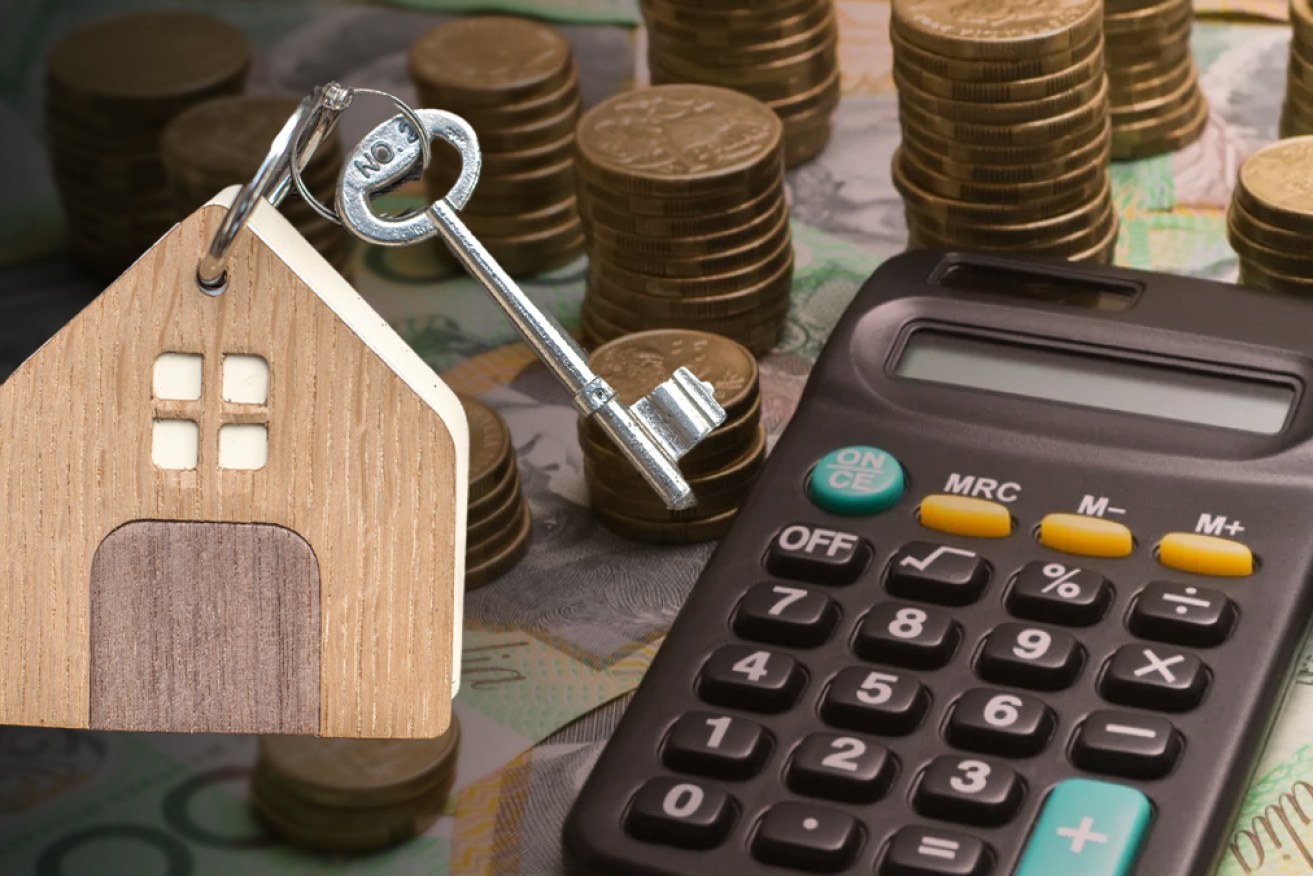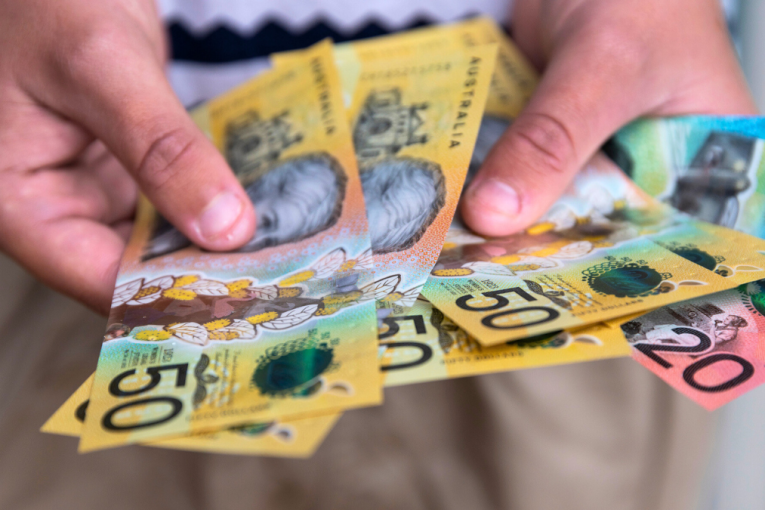These July 1 changes will boost household budgets


Tax cuts and power bill relief are on the way on July 1. Photo: TND/Getty
The new financial year that begins on Monday will bring in numerous policy changes that will affect households.
Here’s a rundown of all the major things that could affect family finances from July 1.
Tax cuts
By far the most significant change from July 1 will be the introduction of the Albanese government’s revised stage-three tax cuts, which will deliver benefits between $350 and $5000 over the year.
Look through the table below to see how your taxable income will change from July 1.
Households don’t need to do anything to take advantage of the tax cut, you’ll just see less coming out of your pay packet automatically.
Energy savings
Another financial support for family budgets from July 1 is the federal government’s extension of energy rebates, worth $300 each for every household.
It will be paid in $75 instalments each quarter and will be taken off energy bills before they are received. That is designed to reduce measured (not actual) inflation.
But that’s not all – most households should also see their energy bills start to fall because cheaper prices will start to flow through to the retail market from July 1.
Default offers are plunging significantly. However, unlike the energy rebates, consumers will need to do some work and shop around to make the most of these savings.
At a state level, households in Queensland will receive an additional $1000 credited from their energy bills, while Western Australians will get $400.
Superannuation
Super balances will get a boost from July 1 as the amount of wages employers must withhold from pay packets rises from 11 per cent to 11.5 per cent.
Concessional contribution caps for those socking away extra savings into their nest eggs without paying tax will also be increasing, as explained in detail by the tax office.
Minimum wage
About 2.6 million of Australia’s lowest paid workers will receive a 3.75 per cent pay rise from July 1 following a decision by the Fair Work Commission.
The new national minimum wage will be $915.90 a week, or $24.10 an hour, from the first pay period after July 1.
Paid parental leave
Paid parental leave will also increase from July 1, rising from 100 days of paid leave (or 20 weeks full-time) to 110 days (or 22 weeks full-time).
It will rise again next year to 120 days (or 24 weeks full-time) and further to 130 days (26 weeks full-time) in 2026.
Passports
From July 1, Australians can pay extra to have their passport applications fast-tracked.
For a $100 fee, an application will be processed within five business days. For $252, anyone with a really pressing need for their passport will be able to get it within two business days.
The policy was unveiled in the 2024-25 federal budget in May.
It will also cost more to get a passport. From Monday a 10-year passport will cost $346 – a jump of about $50 on last year.
Research has revealed that Australia’s passport is one of the most expensive in the world – behind only the US and Mexico.








